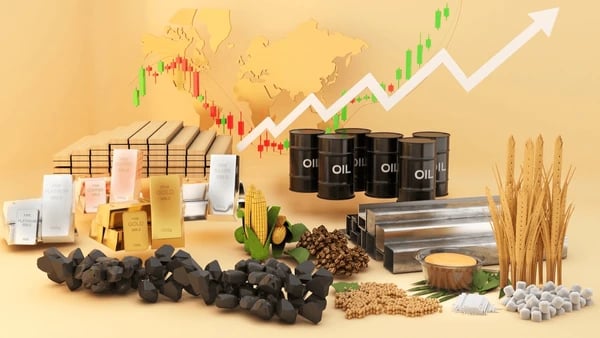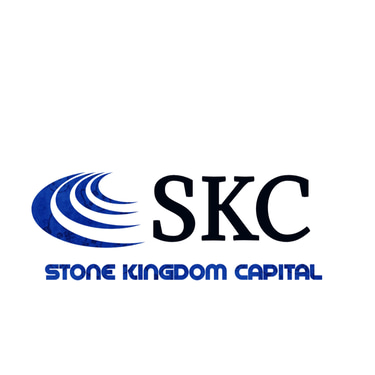WHAT IS COMMODITIES FUTURES TRADING? A BEGINNER'S GUIDE TO THE GLOBAL MARKETPLACE
From gold and oil to wheat and coffee, commodities shape the global economy, and futures trading is how businesses and investors manage price risks. But how does it work? This beginner’s guide breaks down commodities futures trading, explaining key concepts like hedging, leverage, and market speculation.
FUTURES TRADINGPHYSICAL TRADING
1/10/20252 min read


From the price of your morning coffee to the cost of jet fuel, commodities futures trading plays a behind-the-scenes role in shaping the global economy. But what exactly is it—and why does it matter?
Let’s demystify this powerful financial tool.
🛢️ First, What Are Commodities? Commodities are raw materials or primary goods that are interchangeable with others of the same type. They’re typically divided into two categories:
Hard commodities: Natural resources like oil, gold, copper, and natural gas
Soft commodities: Agricultural products like wheat, coffee, soybeans, and cotton
These goods are traded globally and serve as the building blocks of everyday life.
📜 What Are Futures Contracts? A futures contract is a legal agreement to buy or sell a specific commodity at a predetermined price on a set future date. These contracts are traded on regulated exchanges like the Chicago Mercantile Exchange (CME) or Intercontinental Exchange (ICE).
Example:
A wheat farmer agrees to sell 5,000 bushels of wheat at $6.50 per bushel for delivery in three months. This locks in a price and protects against market swings.
🔄 How Commodities Futures Trading Works
Here’s how it all comes together:
Two parties agree on a price and delivery date for a commodity
The contract is standardized (quantity, quality, delivery terms)
Most traders don’t take delivery—they close out the contract before expiration
Profits or losses are based on price changes in the underlying commodity
👥 Who Trades Commodity Futures?
Hedgers: Farmers, airlines, food companies—anyone looking to lock in prices and reduce risk
Speculators: Traders aiming to profit from price movements without owning the physical commodity
Arbitrageurs: Exploit price differences across markets
Institutional Investors: Use futures to diversify portfolios and manage exposure
⚙️ Key Features of Commodities Futures Trading:
FEATURE DESCRIPTION
Leverage Trade large positions with a small margin deposit
Liquidity High trading volume makes it easy to enter and exit positions
Transparency Prices are public and regulated by bodies like the CFTC
Volatility Prices can swing due to weather, geopolitics, or economic data
📈 Why It Matters
Price Discovery: Futures markets help determine fair prices for commodities
Risk Management: Businesses can hedge against price volatility
Investment Opportunities: Traders can profit from rising or falling markets
Global Impact: Futures prices influence everything from grocery bills to energy costs
⚠️ Risks to Consider
Leverage Magnifies Losses: Just as it can amplify gains
Market Complexity: Requires knowledge and discipline
Emotional Trading: Volatility can lead to impulsive decisions
Final Thought: Commodities futures trading is where the real economy meets financial strategy. Whether you're a business protecting your bottom line or a trader chasing opportunity, understanding this market gives you a powerful edge in navigating global trends.
TRADING
Expertise in commodities trading, advisory, and procurement management services.
CONTACT
Churchill Executive Towers, Office 900 Business Bay, Dubai, UAE
801 Brickell Ave Ste 811 Miami, FL 33131
Dubai - 971 55 117 7276
Miami - 305 461 0016 info@stonekingdomcap.com
